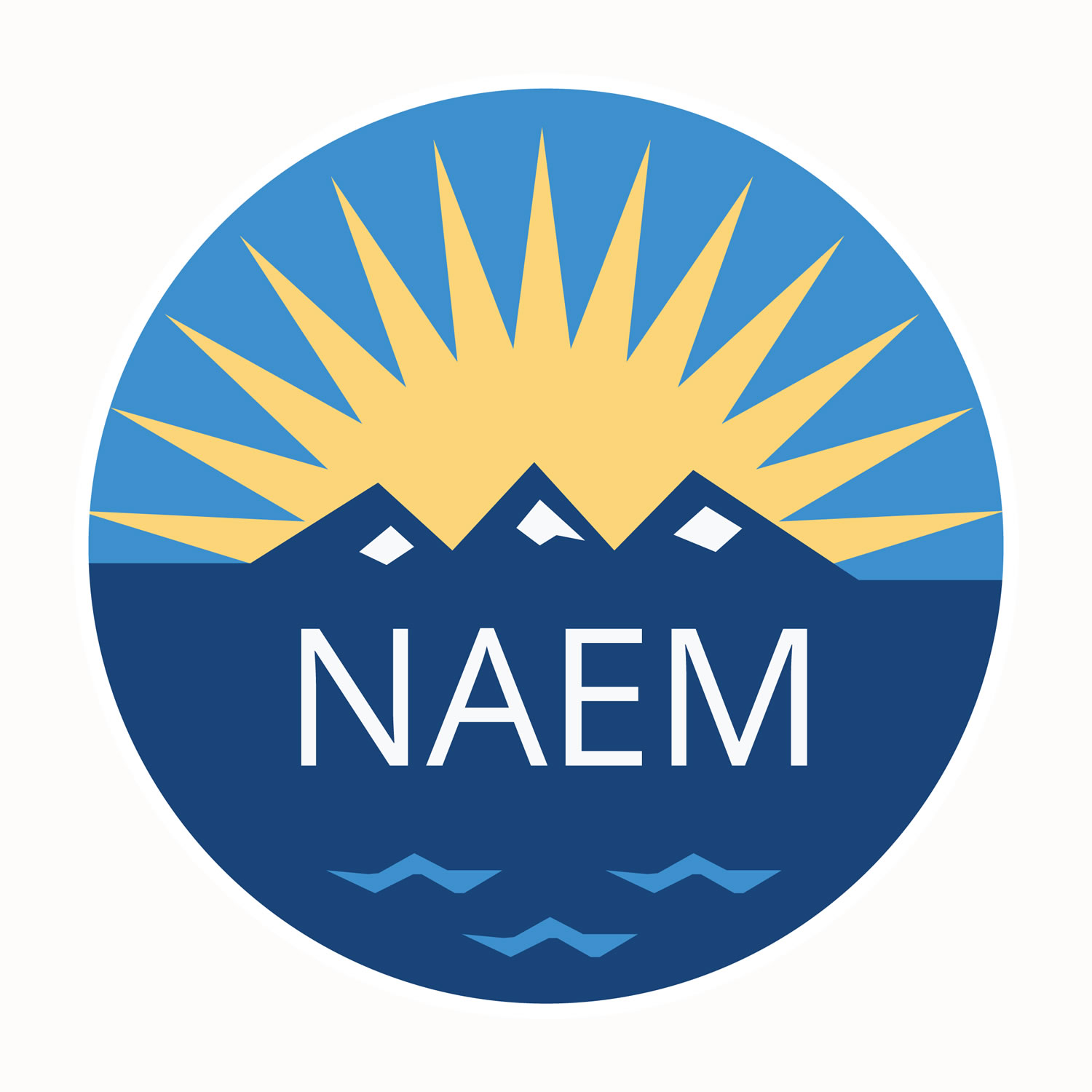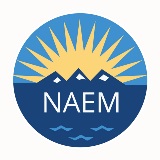Are Corporate Leaders Starting To Change Business As Usual?

GT: Can you get us started by explaining how it is that you came to work on this topic?
LP: Jon and I are partners at the Brunswick Group, a global corporate communications agency that works on strategic communications for big companies. Through our 20 years of experience working with the C-Suite executives, we found that the communications challenges were expanding to include public affairs issues, government and regulators - and now wider social stakeholders. Senior management is now starting to consider their position on social issues.
GT: What is the central tenet of the book?
LP: With the hugely fast-moving, interdependent, two-way world that communications are these days, the question is no longer: How does a company put out a press release? The question is: How are you in dialogue with your critical audiences worldwide and how do you deal with the constant two-way interaction?
Our thesis is that these days big corporations need to be in touch with the demands of the wider stakeholders, and do so visibly. So how do they do that? And how do they understand what the challenges are coming from society? How do they position themselves strategically against that? How do they gear their strategies to what’s being asked of them by the entire range of stakeholders?
GT: How do you define social value? What does it encompass?
LP: One of the things we discuss in the book and one of the things we’ll talk about at the Forum is the Prism. Through the model of the Prism, what we’re saying is, ‘What is the business there for (its purpose)? What does it take to market (its products and services)? How does it take those products to market (its processes and practices)? Is there any discretionary activity that it’s adding on top that’s having a material impact (its philanthropy)? And what is its point of view on the issues in the wider world that represent a challenge to the business? If you look at companies in this way, this is how you see how they’re adding social value. It gives you a comprehensive way of looking at social value.
GT: How do you create business value while at the same time creating social value?
LP: When you see the leading businesses that are taking a point of view on a social challenge, often what they’re actually doing is getting out ahead of regulation. We met a lot of business leaders who said, "If we don’t act, regulation is going to force us to act." Regulation is probably being born out of some acknowledgement of some social concern and a lot of companies stay within that paradigm. They say, "Well, we obey regulations. That makes us a contributor." In our experience, the really leading companies say, "You know, that regulation is about the societal worry about that challenge. We’ve got a point of view on that challenge and our best contribution is this…." Then they act.
GT: Why is Point of View so important?
LP: In my experience, as all sorts of social issues come up, companies often ask themselves "Heavens, what are we supposed to do? Are we supposed to address all of these different challenges?" For us, that was the origin of the '11 Conversations' model that we originally created. Yes, it sounds like there’s more and more issues in the world, but if you listen very carefully, there’s really only 11 big conversations. People are talking about 'resources', or 'health', or 'security'. If you're a company, it's very straightforward to locate yourself in the world’s big conversations. And once you know that, you can ask: Which of these are we inherently engaged in? And it doesn’t wash to say: It has nothing to do with us.
GT: What would you say to a company for whom taking a point of view on certain issue would contradict their current business practices, or worse, present a direct risk to their reason-for-being?
LP: The fact of the matter is that our society is dependent on certain industries. If you are a company that is providing that service or product that we are dependent on, there are still ways in which you can create additional social value.
One of the things that gets in people’s way sometimes is the idea that there’s a template for how you measure these things and that every company has to be able to do all of it every time. I think it’s very important that you investigate what you can contribute and then ask yourself: What is your most imaginative response to the challenge in the real world?
I’m sitting in a room with the lights on and I’m talking to you on a telephone. We may be dependent on electricity, but could utilities ask themselves: How do we do this ever more efficiently and how do we help the use of it be ever more efficient so we eek out whatever resources we do have, with fewer emissions, with greater longevity? How do energy companies educate the public that uses their stuff to use less of it? That’s a very powerful ask and one that the energy industry could be at the forefront of.
GT: Any parting thoughts?
LP: Business people love tough challenges and rethinking a business model is one of the top things they know how to do. A lot of the leadership in this arena is among people in the C-Suite who are tough-minded enough to say: This is not just stepping up within an existing paradigm; maybe we need to dream up a new paradigm here.
Topics:
Sustainability
Related
About the Author

NAEM Staff
The National Association for Environmental, Health and Safety, and Sustainability (EHS&S) Management (NAEM) empowers corporate leaders to advance environmental stewardship, create safe and healthy workplaces and promote global sustainability. As the
leading business community for EHS&S decision-makers, we provide engaging forums, a curated network, peer benchmarking, research insights and tools for solving today’s corporate EHS&S management challenges. Visit us online at naem.org.

